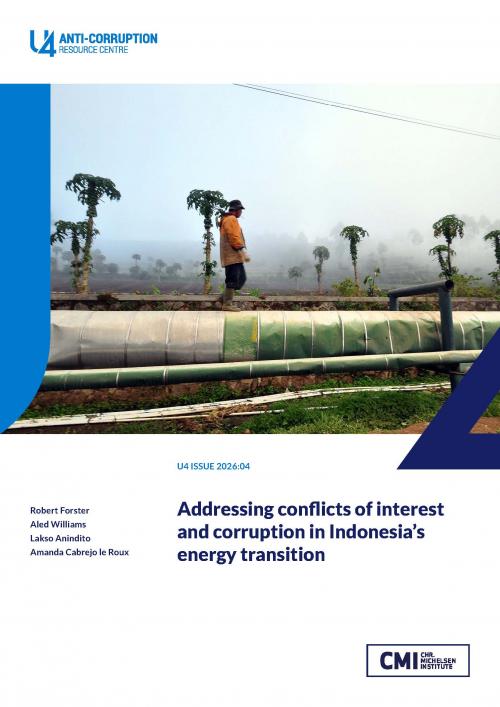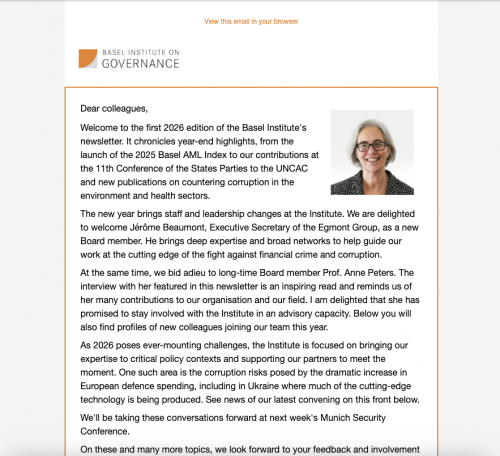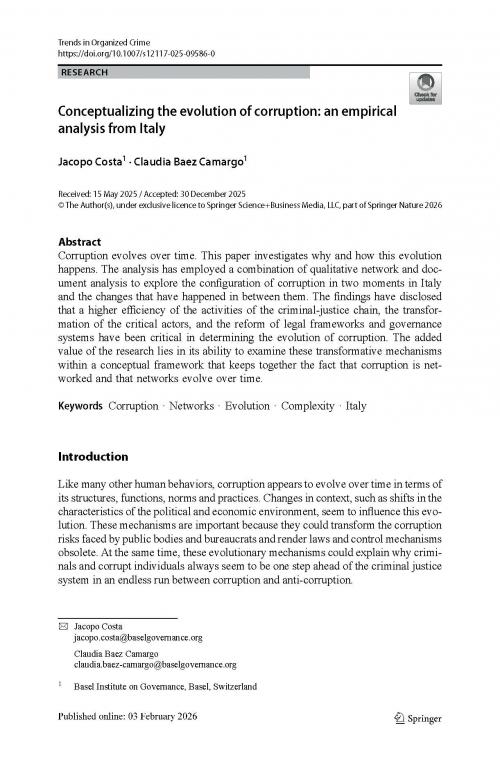Collective Action and Systemic Corruption
A growing body of research argues that anticorruption efforts often fail because of a flawed theoretical foundation, where collective action theory is said to be a better theoretical lens for understanding corruption than the dominant principal-agent theory. We unpack this critique and advance four new arguments.
First, the application of collective action theory to corruption has thus far been both incomplete and narrow. Second, a collective action theory-based approach to corruption is in fact complementary to principal-agent approaches, rather than contradictory as is claimed. Third, both theoretical approaches share in common a ‘blind spot’, which is that corruption often persists because it sometimes provides solutions to problems in resource-poor contexts.
We conclude by arguing that anticorruption effectiveness is difficult to achieve because it requires insights from all three perspectives, which may allow us to better understand how to harness the political will needed to fight corruption.



